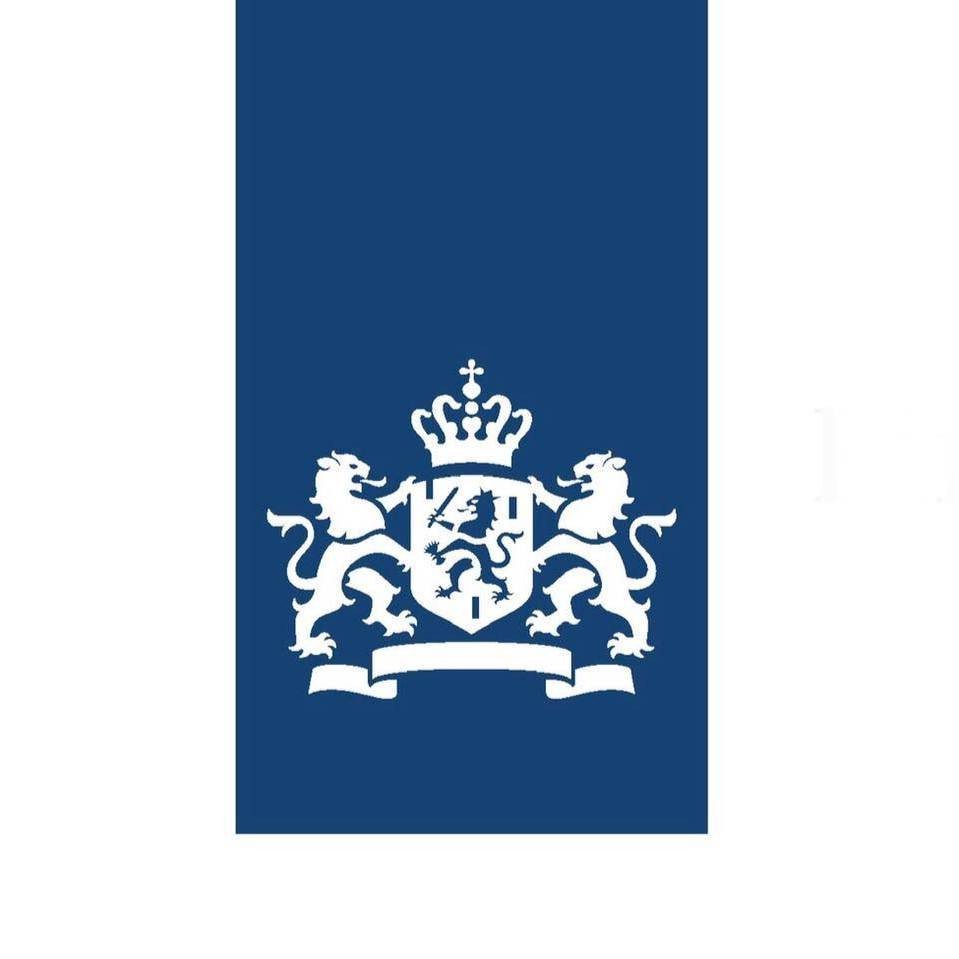საერთო ცხელი ხაზი +995 577 07 05 63


Budget: GEL 250,000
Duration: 2023-2024 Year
Despite several waves of judicial reform, initially supported by both local and international organizations and partners, the Georgian judiciary is a far cry from an independent, impartial, and politically neutral branch of government. The results of public surveys reveal that the court is one of the least trusted state institutions. Moreover, as recent assessments of international organizations and partners indicate, after 2020, Georgia has a significant setback in the direction of judiciary reform, which negatively affects the implementation of the Association Agenda between Georgia and the European Union and the overall process of European integration.
As the 12 recommendations of the European Commission indicate, reforms should not be limited to common courts. It is necessary to ensure a judiciary that is fully and truly independent, accountable, and impartial along the entire judicial institutional chain and also to safeguard the separation of powers. Along with common courts, no less important institutions of the judiciary are the Prosecutor's Office and the Constitutional Court of Georgia, whose activities are generally beyond evaluation and critical opinion.
Moreover, despite the fact that local civic organizations are actively talking about the problems and the fundamental flaws that exist within the judiciary and the slowly deteriorating state of the justice system is actively covered by the media, debates, and deliberations regarding the future direction of the Rule of Law and justice reforms remain limited among politicians and narrow professional groups. The general public, academia, and young professionals are less involved in these processes. Now, when considering the accelerated process of EU integration, it is especially important to take the necessary steps towards the fundamental improvement of the justice system. To ensure broad public involvement in this process, it is critically important to expand the existing debate regarding future reforms and perspectives. In particular, academia and young future professionals should be given the opportunity to actively contribute to the process of creating an independent, impartial, accountable, and credible justice system through their knowledge-based reasoning and developing their part of ownership in Georgia’s European future.
Accordingly, the project aims to support the reform of the Georgian judicial system within the current process of European integration and to promote the more active involvement of a wide circle of interested persons, professional groups, young professionals/researchers, and representatives of the academia in this process.
As a result of the implementation of the project (1), analytical documents will be prepared, in which the current judicial reforms will be evaluated within the framework of the 2021-2027 agenda of the Association Agreement with the European Union and the implementation of 12 recommendations of the European Commission, the institutional challenges of the Constitutional Court and Prosecutor's Office of Georgia will also be evaluated, (2) Schools of Justice will be held for students and young professionals interested in judicial reforms (3) analytical materials on active topics concerning the judiciary will be prepared with the involvement of school graduates, (4) Workshops and public discussions will be held with the participation of professional groups, political actors and media representatives. In addition, the publication of the findings of studies/reports created within the framework of the project and the multimedia materials created based on them will contribute to the inclusion of challenges related to the justice system in the public agenda and the active work of the media on these issues.
The website accessibility instruction